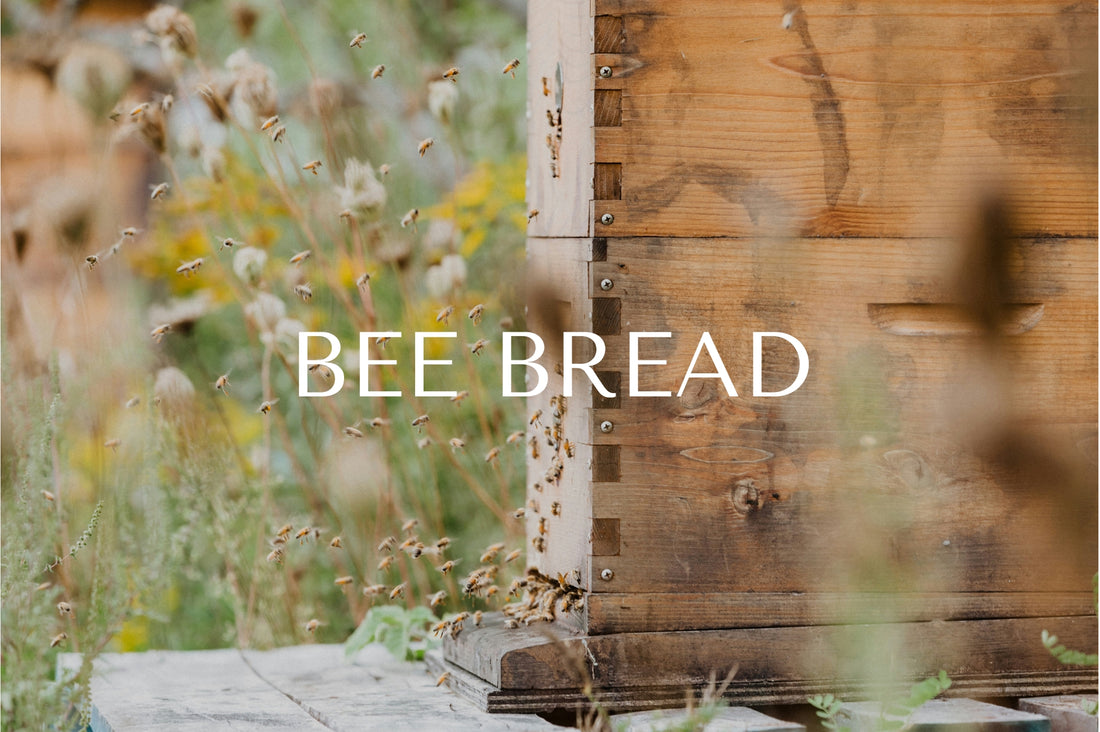
Bee Bread
Share
What is Bee Bread?
If you have never heard of bee bread before and are imagining small bee run bakeries producing loaves of delicious Bee Bread you're not entirely off the mark. Bee Pollen (the more popular bee foodstuff) has taken the world by storm in recent years and is a common health ingredient to add to smoothies, porridge or taken neat. However, Bee Bread is an entirely overlooked Bee-Superfood which has significantly more benefits. In a recent study in December 2022 Bee bread was described as “more valuable (higher biological value, faster digestibility and better chemical composition if compared to bee pollen) than bee pollen. Bee bread contains about 250 different substances, such as proteins, macro- and microelements, lipids, free amino acids, fatty acids (linoleic, linolenic and arachidonic), flavonoids, phenolic compounds, vitamins, and enzymes.”
Bee bread, in essence, is fermented bee pollen. After the bees bring pollen back to the hive, they store it in honeycomb cells, where it mixes with enzymes from their saliva, nectar, and honey. Through natural fermentation processes, this mixture turns into bee bread. The fermentation makes it more digestible and increases its nutritional value and bioavailability. Bee bread is higher in vitamins, has probiotic properties. It is also the more common part of the bee production line that traditionally is consumed by keepers and thought to contribute to their extraordinarily long life expectancy.
What is Bee Pollen?
Bee pollen consists of pollen granules collected by honeybees from flowers. To transport pollen back to the hive, bees mix it with small amounts of nectar or honey and pack it into granules that stick to their legs, which you can see if you have ever watched the bees closely while they are buzzing around flowers. These granules are collected and then sold as a common supplement. The main issue is the bioavailability, as it is raw pollen and encapsulated in a natural cellulose shell it makes it very difficult to digest and benefit from.
Historical Uses of Bee Bread:
Bee bread’s use is deeply rooted in human history and has been valued in various ancient cultures for its medicinal and even spiritual qualities.
Ancient Egyptian Civilisation: The Egyptians held bee products, including bee bread, in high esteem. Honey and bee products were essential parts of their medicine and nutrition. Egyptians believed bee bread offered strength and vitality, which they associated with both physical and spiritual well-being. It was often buried with pharaohs and royals, intended to support them in the afterlife. The Egyptian “Ebers Papyrus,” an ancient medical document, mentions honeybee products as remedies for ailments and fatigue.
Greek and Roman Cultures: Ancient Greek and Roman societies also recognized the importance of bee bread. The Greek physician Hippocrates, often called the "Father of Medicine," is thought to have used bee-derived substances, including bee pollen and bee bread, in his treatments for vitality and longevity. In Greek mythology, bees were symbolic of the gods’ blessings, and bee products were thought to bestow strength, energy, and health. Similarly, Roman soldiers reportedly used bee products, including bee bread, for their nutritional and strengthening qualities, believing it would enhance their performance in battle.
Vikings: Warriors of northern europe were known for taking bee bread on long journeys as it never spoiled and would keep sickness and ailments at bay while at sea for weeks at a time. This and traditionally prepared fish liver oils were two prominent superfoods used consistently in their culture.
Traditional Chinese Medicine: In Traditional Chinese Medicine (TCM), bee products like bee pollen and bee bread have long been valued for their medicinal qualities. Bee bread, with its enhanced bioavailability and probiotic benefits, was used to improve digestion, balance energy (Qi), and boost immunity. It was thought to be especially beneficial for promoting longevity, supporting the spleen and stomach, and building resilience against disease.
Slavic and Eastern European Traditions: Bee bread has historically been an integral part of traditional remedies in Slavic and Eastern European regions. Beekeeping has a long history in these areas, and bee bread, known locally as “perga,” has been used to treat various ailments. Bee bread was often used as a tonic to improve immunity, promote digestive health, and enhance overall vitality. Beekeepers in these regions still harvest and consume bee bread as part of their traditional health practices, which has sparked renewed interest in bee bread as a natural probiotic and nutritional supplement.
Ayurveda: In Ayurvedic medicine, bee products are believed to balance the body's doshas, or energies, especially promoting the Vata and Pitta doshas. Bee bread, with its easily digestible nutrients, was thought to support physical stamina and cognitive function, two critical aspects of Ayurvedic wellness practices. Bee products, in general, have been used to enhance "ojas," or the body’s essential energy and vitality, thus encouraging resilience to illness.
Bee products and Bee bread have a lengthy ancestral tradition of high praise and esteem for a variety of reasons. Bee Bread is a much more valuable and bioavailable food produced by the hive compared to bee pollen - which is essentially different flower pollens in a wax shell. If you are interested in trying this superfood check out our product page.
